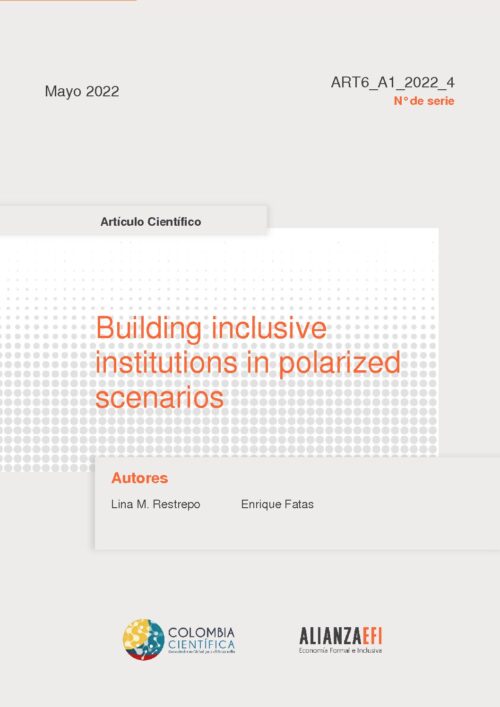We study how the polarization of voters and platforms influences political participation and the political inclusion of others in a series of lab-in-the-field experiments run in Colombia. We present a novel experimental methodology to understand the endogenous generation of political institutions in a polarized scenario. Participants in our experiment donate a substantial amount of money to one of two charities in small groups. By bidding for their political rights (freedom of expression, freedom of choice, voting rights) or the rights of others, we elicit the value of political participation and political inclusion in a between-subjects manipulation, using an incentive-compatible mechanism. As individuals endogenously bid for different political rights, the rules governing the choice of charities are endogenously selected. We control participants’ political ideology (endogenous polarization), and we manipulate the distance between charities (exogenously imposing high/low party polarization) in a within-subjects’ manipulation. Our experimental results suggest that the polarization of platforms (charities) does not increase willingness to participate in politics or to include others in the political process. However, the endogenous polarization of participants becomes central to understand our results: moderates are willing to pay more for political inclusion than for political participation. In contrast, solid liberals and conservatives (polarized individuals) prioritize political participation over inclusion.
Autores:
- Enrique Fatas
- Lina Restrepo Plaza
Palabras clave:
- Decision rights
- Endogenous institutions
- Polarization
- Political inclusion
Categorías:
- Proyecto 6
- Publicación
